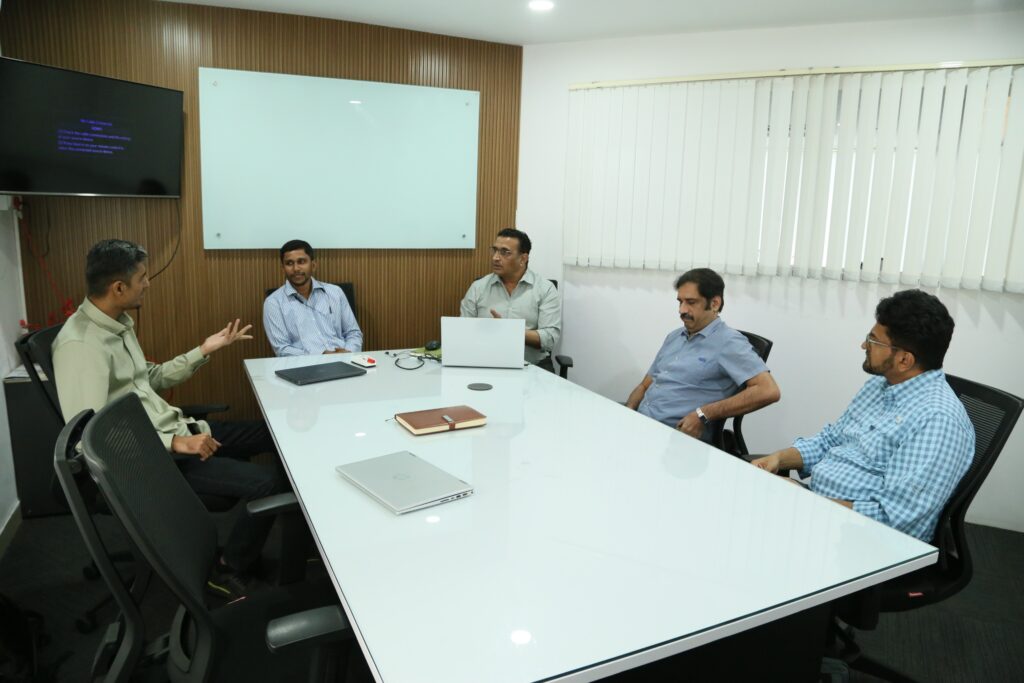Table of Contents
Beyond big cities: tapping into untapped talent pools
For decades, companies have hired most of their staff from big cities. It is not because smaller towns lack talent, but because the channels connecting them aren’t efficient enough to justify the time and cost.
- With campus recruits, companies avoid smaller towns because they prefer hiring in bulk from a top-tier college or a big city rather than hand-picking a few from multiple colleges in small towns.
- For every other fresher outside campus hiring, the journey is even harder. Without a college placement cell to help, they rely on the various job portals and cold applications.
- As for lateral job seekers, they often apply to roles that don’t align with their skills. Even if it did, they rarely hear back because HR often prioritises candidates with big-city exposure, consciously or otherwise.
Sanjev Nagar, the founder and COO of GroYouth (an aggregation platform for manpower sourcing), wants to break this loop for both freshers and experienced individuals.
GroYouth’s mission is clear: build a single ecosystem where candidates from Aligarh, Meerut, or a tucked-away college in Karnataka can land jobs in Bengaluru without getting lost in the maze of recruiters, agencies, and multiple training partners.
GroYouth’s hiring network: levelling the playing field for all
They believe the problem isn’t a lack of candidates, it’s the disconnect between skilled individuals and meaningful opportunities. Big companies rarely recruit fresh graduates directly from colleges in most tier 2 and tier 3 towns, leaving capable youth unseen.
Their platform goes beyond job listings. It aggregates over 500 vendors, recruiters, small agencies, and career counsellors into one network. Employers are offered access to a refined pool of candidates.. For candidates, it means getting noticed by employers they could never reach on their own.
Together, they form what Sanjev calls “a collaborative hiring force.”
We’re not here to just connect. We’re here to equip. When 10 profiles are suggested to employers, typically 7 candidates get interviewed, a significant improvement in application-to-interview ratios. This happens because employers see the complete candidate information upfront: CV, GYSAT scores, and AI interview results.
How’s it different from standard HR tech?
GroYouth’s tech stack has an assessment tool, GYSAT. Candidates can do a self-analysis that reveals their strengths, weaknesses, and job matches. Then there’s GYSAT Plus for skill-specific evaluation and AI-powered job description-based interviews. This means a fresher from Lucknow doesn’t simply send across a CV on every other hiring platform; they’re presenting a comprehensive profile, insights, and video evidence of readiness.
The big picture is clear: India’s tier-2 and tier-3 towns hold a massive, underutilised talent pool. But they lack three things: access, readiness, and proof. GroYouth is addressing all three:
- Access: Vendor-led sourcing from deep local networks.
- Readiness: Training and assessment before employers even see a profile.
- Proof: Standardised scores and AI interview data in every profile.
The result is a hiring model that has no noise and presents employers with candidates who are both local and job-ready. It’s a rare case where speed and quality improve together.
On the employer side, GroYouth offers multiple engagement models:
| Candidate Tool | Purpose | Outcome |
| GYSAT self-assessment | Identify strengths & weaknesses | Clarity on career direction |
| GYSAT Plus | Skills-specific evaluation | Match to role-specific jobs |
| JD-based AI interviews | Role-specific readiness check | Increases employer trust |
This isn’t “job board 2.0.” It’s more like an operating system for distributed hiring, one that doesn’t charge candidates a rupee.
The future is access and outreach
Sanjev is clear-eyed about the challenge. The hardest part, he says, is market outreach. Getting tier-1 employers to listen. Walking into ITIs and final-year classrooms one city at a time. The platform is building the habit of structured, tech-led recruitment. In spaces where hiring has long relied on WhatsApp messages.
Yet there’s a deliberate patience to the approach. Instead of chasing hyper-growth or headline funding rounds, the team is focused on strengthening the product, adding training modules, advanced psychometric tools, and payroll integrations before scaling.

And already, the early results speak for themselves. Candidates from small towns, who once believed metro jobs were out of reach, are now getting hired. Many are completing the entire hiring process without ever leaving their living rooms.
The story is still unfolding. GroYouth is chipping away at old hiring patterns, one small-town candidate at a time.
Watch the full podcast here:
GroYouth is featured in The First Brick series. The series highlights promising early-stage companies.
What are your thoughts on GroYouth by Sanjev Nagar? Tell us in the comments below.
Did you read last week’s article on Origin, a bridal studio by Pooja Dev? Read it here.

